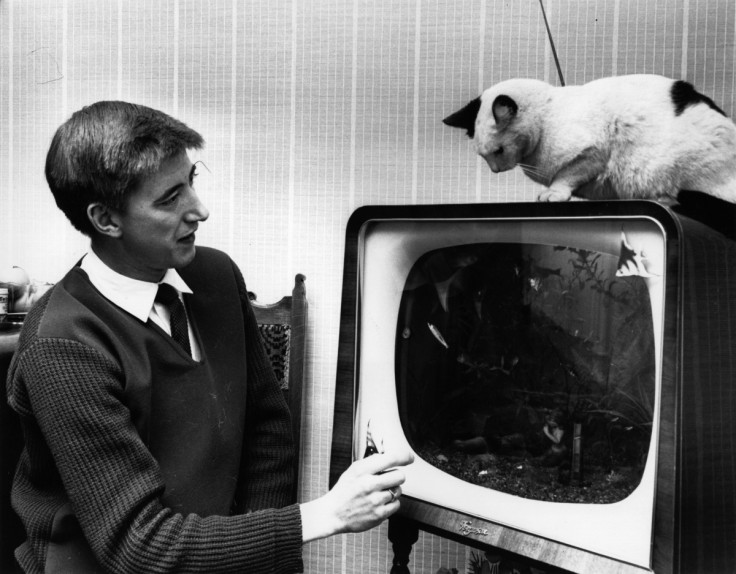More than 9,000 Britons still use black-and-white TV sets nearly 50 years after the first colour broadcast

More than 9,000 Britons still watch TV on a black-and-white set despite it being nearly 50 years since the first colour broadcast. A TV Licencing survey revealed that thousands of households continue to pay the reduced black-and-white licence fee every year, shunning modern sets in favour of keeping bills low.
The vast majority of the 9,000 black-and-white televisions are in England and Wales, with only 550 sets registered in Scotland, according to the BBC. Despite the surprising number of black-and-white TV licenses issued each year, the number continues to fall steadily – down by a staggering 203,000 since 2000.
There are a number of different theories as to why people continue to prefer watching black-and-white television. While some are likely to be older viewers who simply never made the switch to colour TV, while others may be opting for a vintage viewing experience or simply trying to save money.
Speaking of the trend, TV and radio historian Jeffrey Borinsky said: "We like the glow of valves, rich sound and wonderful warm smell of these old sets." He told the Mirror: "Older people who grew up with black-and-white still love it and don't see why they should throw away their perfectly good set to get colour they don't even want.
"Unfortunately even the youngest black-and-white sets are more than 20 years old and very few people now mend TVs at all. In a few more years this group will have gone to TV heaven," he added.
The financial appeal of a black-and-white TV is obvious. While a standard colour licence is £145.50 per household per year, a black-and-white licence is nearly £100 less at just £49.
Most of those watching old sets live in London, where 2,222 black-and-white licences are registered according to the TV Licencing poll. The capital is closely followed by Birmingham and Manchester.
While tens of thousands of Britons continue to utilise technology that went out of date half a century ago, others are fully embracing technological developments. It was recently revealed that more than half of UK households now access their favourite programmes online or through catch-up services rather than watch real-time broadcasts.
© Copyright IBTimes 2025. All rights reserved.




















